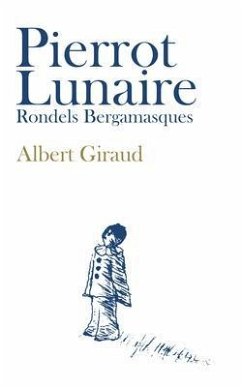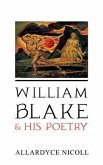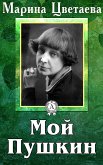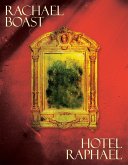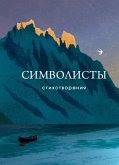Pierrot Lunaire: Rondels Bergamasques is an 1884 cycle of poems by Belgian author Albert Giraud that revolves around the character of Pierrot and the universe of the Commedia dell'arte. Initially received with moderate success, the work was undeniably immortalized after Arnold Schönberg published the musicalization of its German translation in 1912. Since then, Pierrot Lunaire has been the source of inspiration for numerous works of art in all sorts of disciplines. This bilingual edition presents the 50 original poems in French accompanied by an English translation and complemented with extensive notes that should serve as an aid to understanding the cultural context of the author.
Dieser Download kann aus rechtlichen Gründen nur mit Rechnungsadresse in A, D ausgeliefert werden.

